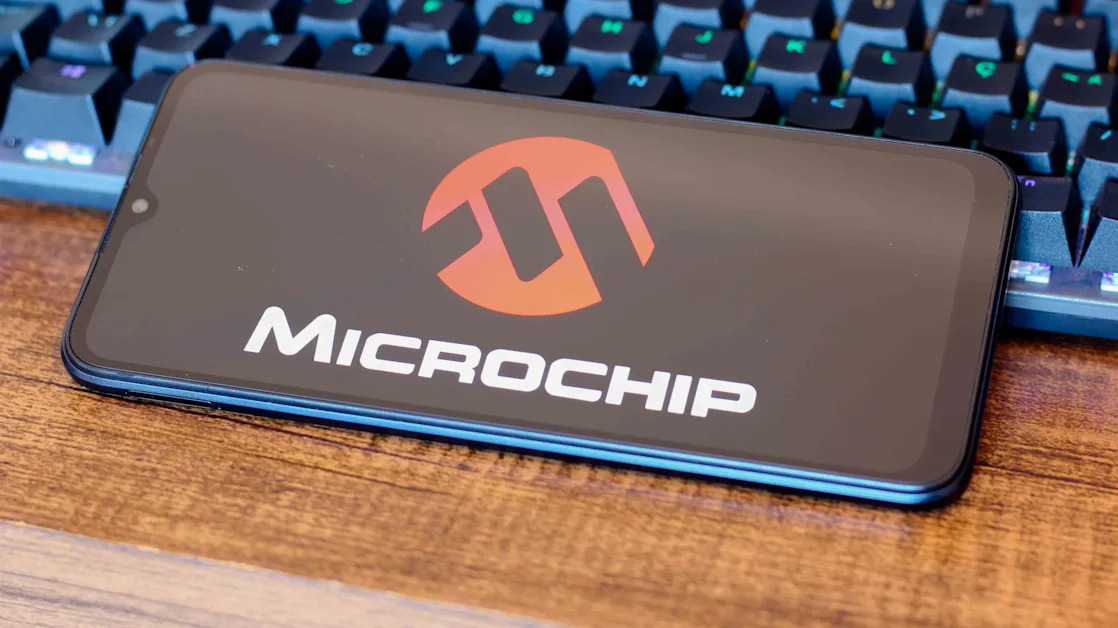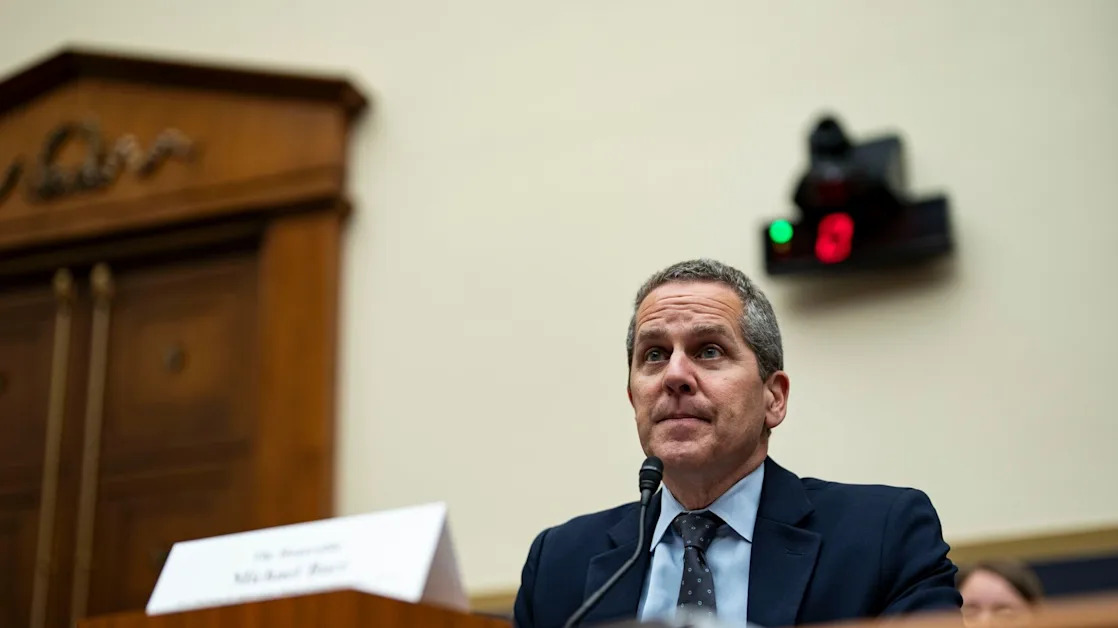"Money is power, and power is freedom," Yago says. "If you can control people’s access to capital, you control their freedom. That’s why property rights matter. They are the ultimate access controls."
Yago’s worldview was shaped early. Born into a family of Holocaust survivors, he grew up in South Africa, where some of his relatives were forced into exile, labelled as terrorists by the government. As a child, he played his own small part in family survival, smuggling gold coins out of the country in his clothes to circumvent capital controls.
"I did this between the ages of nine to eleven. I knew what I was doing, and I knew what was at stake," he recalls. "It wasn’t fear I felt, it was responsibility."
That experience left him with a deep conviction: financial freedom is not just about money. It’s about survival, sovereignty, and human dignity.
Technology as a double-edged sword
Yago is a firm believer in technological progress. "If you look at history, what really changes human lives is technology—not politics, not ideology," he says. "Slavery didn’t end because people suddenly became more moral. It ended because the Industrial Revolution made it economically unviable. The same applies to almost every major societal shift."
But he’s not a blind optimist. "Technology doesn’t automatically improve everything. It needs a firm hand on the tiller. The internet, for example, was built on the promise of decentralization and free access to information. Yet today, it’s dominated by a handful of tech giants acting as digital overlords.
"The internet lacked property rights from the start. That was its fatal flaw. Instead of a free and open network, we got a digital version of the Pharaohs controlling the Nile."
This is where Bitcoin, and more specifically BitcoinOS, comes in.
BitcoinOS: Property rights for the digital age
When Yago first read Bitcoin’s white paper in 2011, he had a revelation.
"It was the missing piece: the foundation for digital property rights. Suddenly, ownership online wasn’t just theoretical. It was verifiable, enforceable, and independent of governments or corporations."
Bitcoin introduced the idea of a decentralized ledger, an immutable record of ownership. But Ethereum expanded that vision by introducing smart contracts, allowing for verifiable decentralized computation.
"Ethereum’s big innovation was that it let us verify computation, not just transactions. But it did so through redundancy, forcing every node to re-run every calculation, which is slow, expensive, and doesn’t scale."
BitcoinOS, Yago’s latest project, aims to solve that. By using zero-knowledge proofs, BitcoinOS allows computations to be verified without having to be redundantly run on every node.
"Instead of putting everything on a blockchain, we only store the proof that a computation happened correctly. It’s a fundamental shift, one that makes Bitcoin capable of running decentralized applications at scale."
This opens the door for Bitcoin to become a platform not just for currency, but for all forms of property. "Imagine a world where ownership of real estate, stocks, digital identities, all of it, lives on Bitcoin’s global ledger. That’s what we’re building."
Web3: The rebellious teenager
The crypto industry, according to Yago, is in its teenage years. "It’s all slamming doors and saying, ‘I hate you, Mum!’—where Mum is the central banks, regulators, and traditional finance. That’s fine. Teenagers need to push boundaries. But eventually, they grow up."
In the next decade, Yago expects blockchain technology to enter its early adulthood—more stability, more responsibility, more integration into the real world. "The crypto industry has been all about experimentation. The next phase will be about scaling and maturity."
AI, digital nations, and the future of sovereignty
Yago’s thinking doesn’t stop at Bitcoin. He sees a world where digital sovereignty extends beyond money and where cryptography provides direct access controls to rights, freedoms, and even governance.
"If rights are really about access control, then cryptography can enforce them more effectively than laws ever could. Instead of relying on governments to grant us rights, we can encode them into decentralized networks."
He also worries about AI. "My son will grow up hearing a voice in his head that isn’t his or mine—it will be an AI, guiding him, tutoring him. That’s inevitable. The question is, who controls that voice? If it’s just another black box owned by a Silicon Valley giant, we’ve failed."
That’s where verifiable computation, BitcoinOS’s core breakthrough, becomes critical. "We need a way to prove AI systems are acting in our interests, not someone else’s. Otherwise, we’re handing over control of our future."
A vision for the next era
Yago is convinced that Bitcoin’s role in shaping this future is only just beginning.
"The world’s largest institutions are starting to use Bitcoin as a global ledger. The network effect is already in motion. Now it’s about expanding what we can do with it."
With BitcoinOS set to launch its alpha mainnet within months, Yago is confident that this is the next leap forward.
"We’re building property rights for the digital age. Once you understand that, everything else falls into place."





